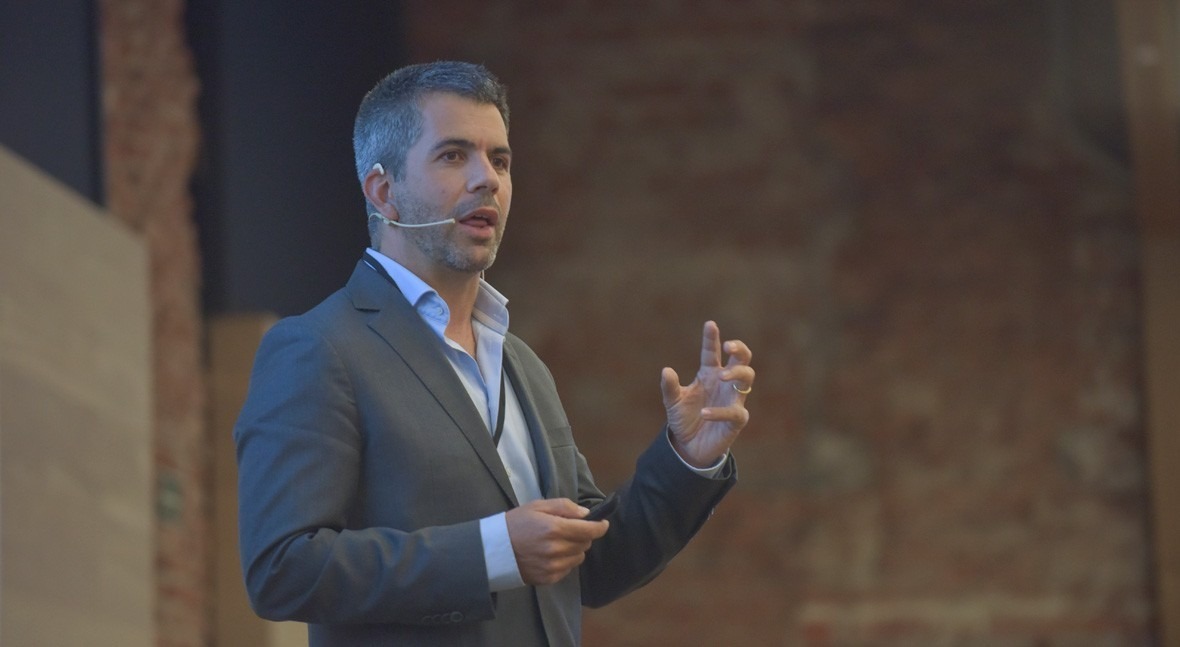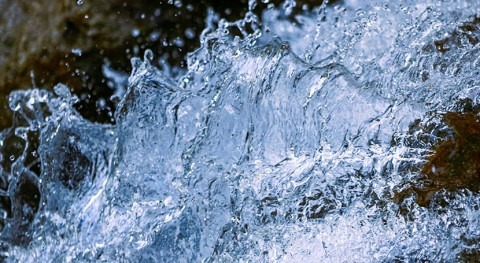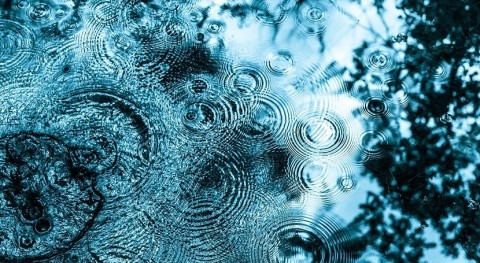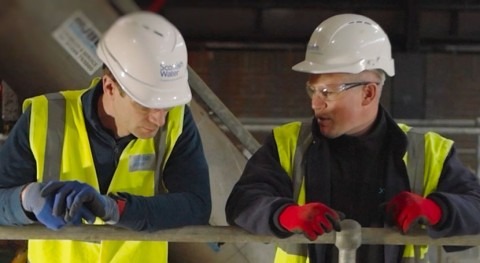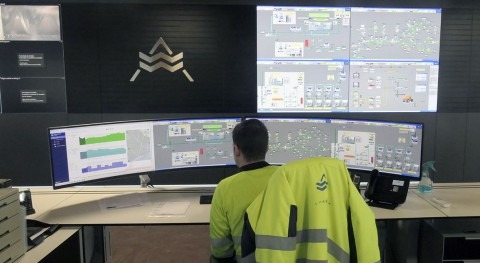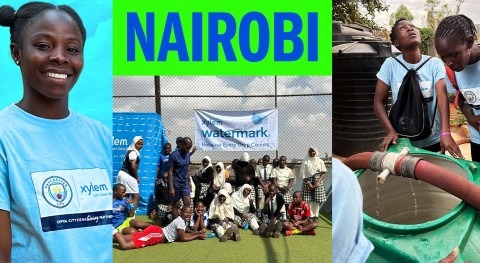Xylem Water Solutions provides global transport and treatment solutions for all stages of the water cycle. The Sahara® platform is one of them, offering a variety of solutions for water and wastewater pipelines, including leak and gas pocket detection, inline CCTV and pipeline pre-commissioning. We spoke with Pedro Pina, Advanced Infrastructure Analytics Regional Director Europe of the company, to learn more about this tethered tool.
Question: Please tell us about Sahara® and its applications in the water sector.
Answer: Sahara, like SmartBall, allows us to look for leaks and detect air pockets in large diameter pipelines made of any material. In this case, the device has a cable and so it is not a device that swims freely, but with it we can control the evolution of the inspection, and also film inside the pipe.
Q: Tell us about its main features.
A: Pipeline inspections are done by inserting an acoustic sensor with a cable in a pressurised pipeline. A small parachute uses the water flow to carry the sensor through the pipeline; this sensor is attached by a fibre optic cable to the vehicle on the surface, transmitting the results in real time. Under normal conditions, the average reach of the Sahara is 0.80 to 1.60 km per day, depending on factors such as curves, flow velocity and pressure. The length of each insertion can reach up to 1000 metres. Aside from identifying leaks and air pockets, the Sahara technology is very versatile and allows performing other tasks. It can locate the layout of the pipeline on the ground, perform closed circuit TV (CCTV) inspections, perform a diagnosis of the internal pipe lining, assess tuberculation, identify some structural defects, locate valves, and everything can be done simultaneously, while the pipeline is in service.
Sahara will also allow to perform video and observe in real time the condition of the pipe from the inside
Q: How does it differ from other similar solutions in the market?
A: Comparing with SmartBall, Sahara will cover less distance but is more appropriate for complex networks (typically in more densely urban environments); given its precision and real time detection capabilities, it is ideal for situations where the problem is limited to a short distance (less than 700 m) and there is no need to cover long distances to find a leak. Sahara will also allow to perform video and observe in real time the condition of the pipe from the inside.
Q: Out of the new technologies that are driving the evolution of the water sector, which ones does Sahara® use and how so?
A: Advanced acoustic analysis, fibre optics for improved video and performance.

Q: Of all the projects where Sahara® has been used, which ones would you highlight due to their impact on the water sector?
A: I would like to mention a recent one in Lisbon with EPAL.
Over the last 15 years, EPAL has successfully implemented a network monitoring project aimed at reducing water losses. The basis of this project has been the progressive implementation of more than 160 District Metered Areas (DMAs), along with associated flow and pressure monitoring equipment and telemetry systems, undertaken in parallel with the renewals and rehabilitation programme. The success of this process was manifest: between 2005 and 2014 EPAL reduced their real losses from 23.5% to 8.1% (corresponding to savings of 26.93 M m3/year to 8.18 M m3/year). In 2016, EPAL identified the first notable reverse in the non-revenue water (NRW) trend since the implementation of the program. The issue was promptly identified in two supply zones, encompassing 150 km of mains, mainly composed of larger diameters pipes (>400 mm).
Due to complexity of the system, the (expected) inaccuracy of bulk flow meters to detect very small flow variations and the limitations of traditional leak detection methods (correlation, field hydrophones and others), EPAL decided to invest in specialized leak detection interventions using Sahara and SmartBall. The Sahara campaign included 11 surveys and identified 26 leaks on 10.5 km of DN800/1000 mains. The SmartBall trial consisted of 1 survey and identified 11 leaks on 1.6 km of DN500/600 mains.
One of the most notable results, that at first might seem counter intuitive, is the extremely high number of leaks for such short distances, considering the low total NRW of the system. In fact, after more than 8000 km of inspections with these technologies all around the world, Pure, A Xylem brand, reports an average of 3 leaks per 10 km for these types of pipes. We believe the reason for such a high rate is the precision that was used to support the choice of pipes to inspect. Based on their existing information system, EPAL knew quite well where the blind spots were located, e.g. areas where due to the reasons described above, none of the existing solutions could provide them with precise leak location results. EPAL focused their inline leak detection efforts precisely on those areas.
After inspections EPAL went on the excavate and repair the leaks. The overall results reported in 2018 are quite convincing: NRW in those two key supply zones was reduced by 17% and 36%, representing a trunk main NRW reduction of approx. 1.7 million m3 corresponding to savings of approx. 1 million euros.

